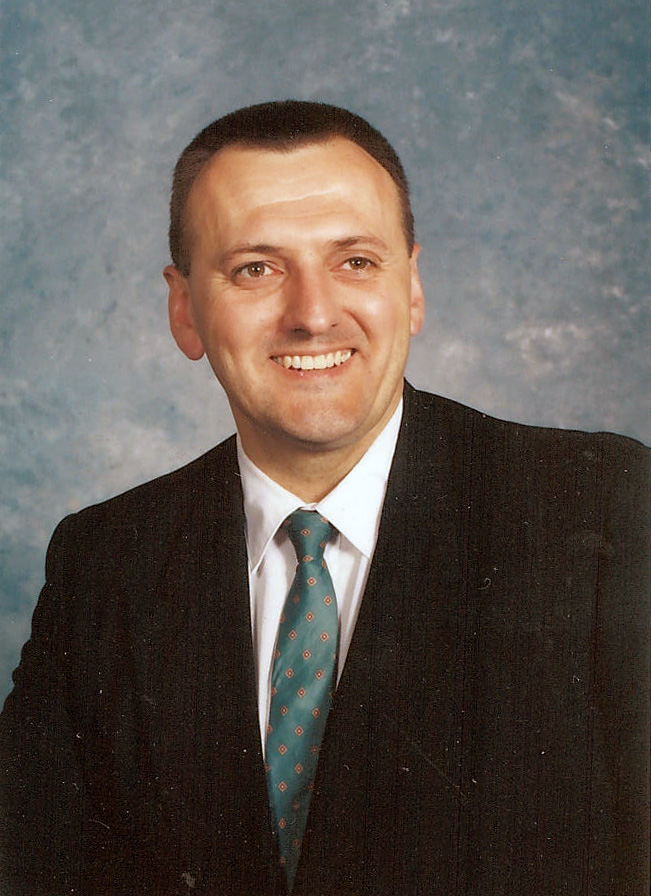PolicyWinners.org
May, 2014 Newsletter -- 10 pages
In this newsletter, six distinguished scholars respond to the questions found on this page
CAN OUR GOVERNMENT AFFORD TO GIFT ITS ENTIRE CONSTITUTIONAL POWER OF MONEY CREATION TO PRIVATE BANKS, AND THEN INCUR MASSIVE DEBT TO BORROW BACK ITS OWN "LEGAL TENDER"?
(NOTE: Due to widespread misconceptions, it must be pointed out that The Fed holds only about 10% of the national debt and cannot "send back" most of the interest paid on it, nor can it guarantee artificially low rates or extreme quantitative easing indefinitely. Going several years out, the debt is not forecast to disappear without systematic spending cuts or tax increases and few actually accept the new idea, "the more debt, the merrier".)
Sovereign-issued currency as the basis for monetary systems including our own has been a norm of history from which we have only relatively recently departed. Today, in our country, the pendulum has swung during the last 100 years to a virtual 100% privatization of the creation of money by private banks. The historic norm is often perceived as outside-the-box thinking, as it must be re-introduced to a new generation. Colonial Scrip, the Continentals of the American Revolution, and the Greenbacks of the Civil War and Reconstruction may have made possible the existence of the United States of America today, yet, in the decades since the Great Depression, the subject has become too unfamiliar to many for any kind of meaningful discussion.
There have continuously been proposals to go back to our monetary roots. Many, like the Chicago Plan, have taken the form of sweeping re-designs for the monetary system and the Federal Reserve. Some plans would leave the Fed untouched and effect a minuscule one or a few percentage points of the money supply, employing re-introduced United States Notes and/or their electronic equivalents, leaving control over monetary policy essentially as-is. Some would use the power of money created without a debt burden on the government to do what Lincoln did with his Greenbacks and even more in terms of investments in the economy. Others would use this money on a one-time basis in conformance with the established current budget, involving no increase in spending, simply an opportune chance to reduce the deficit. Some would be open to experimenting, in time, with the use of such funds to acquire income-producing assets for more meaningful reserve accounts and increased national financial security. Some would use it for cementing commitments to a serious balanced budget goal if not amendment, reassuring those concerned for unforeseen and emergency needs with the availability of a new fiscal safety valve.
There are many ideas for a minimal plan, and more ambitious plans could be separately debated and voted upon. Here's the question: Is there any "step one" we can describe that we could use to improve upon our current situation? Would the re-introduction of any amount of the United States Notes so many of us carried in our pockets, issued as Lincoln used them without debt burden to the government, necessarily cause "hyper-inflation", no matter how such an issuance is regulated? Have sovereign currencies always been inflationary in the past? Would government-issued money undermine the independence of the Fed, no matter the amount authorized or any mechanism for coordinating monetary policy, and did such an undermining occur in the past? Is it safer to borrow hundreds of billions of dollars from the capital markets this year, assuming unnecessary debt now will discipline undesirable spending in future years? Are the inflationary effects of debt and fiscal headaches of increased debt service preferable to temptations to over-spend and cause hyper-inflation if debt consequence is minimized?
In the pages following are comments from six prominent scholars. Next month we plan to present another six to round out the dozen promised in our last issue. We invite further comments from our readers for publication or simply comments and questions off-the-record for consideration. Contributors present their own views and not necessarily those of the organizations with which they are affiliated. Few institutions have taken positions, yet, although we would very much like to see that happen in the near future.
PolicyWinners.org and The Commitment Group Economic Development Consultancy Keith L. Rodgers, Director
Marina Towers Suite 616, 501 Slaters Lane, Alexandria, VA 22314 Tel:703-203-1680 Personal E-mail: Email address removed
Page 2 -- Start of Comments
WILLIAM GREIDER provides his perspective as a man who, if anyone would, has a finger on the pulse of newsworthy trends as one of the nation's best-known reporters on economics and public policy. For 35 years he has covered these subjects for newspapers, magazines and television. During his 15 years with the Washington Post he served as a national correspondent, editor, columnist and assistant managing editor. He is presently a national affairs correspondent for The Nation and has continued to write national best-selling books, nine to date, which have included Secrets of the Temple: How the Federal Reserve Runs the Country; Who Will Tell the People?, The Soul of Capitalism: Opening Paths to a Moral Economy, and his latest, Come Home America: The Rise and Fall (and Redeeming Promise) of Our Country. His comment, in the form of a brief article, follows:
The People's Money
When the financial system crashed and the Federal Reserve rushed to the rescue, people and politicians asked this question: where did the Fed get all this money--the trillions it spread among distressed banks and financial firms? Or the additional trillions the central bank used to purchase a vast store of troubled mortgage-backed securities.
Next Page 1 | 2 | 3 | 4 | 5 | 6 | 7
(Note: You can view every article as one long page if you sign up as an Advocate Member, or higher).





